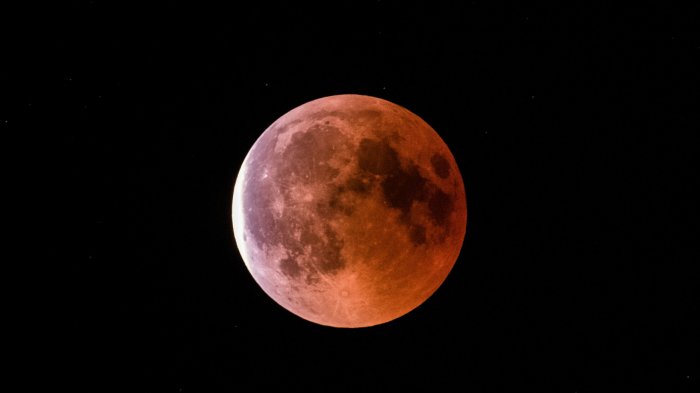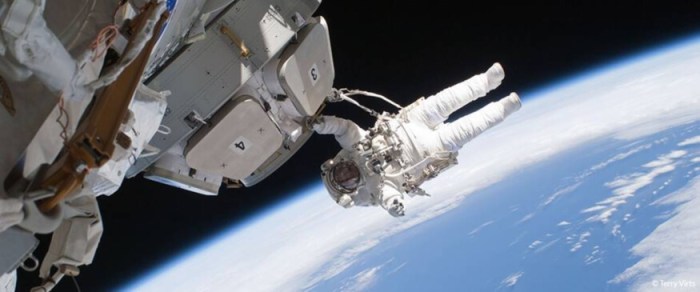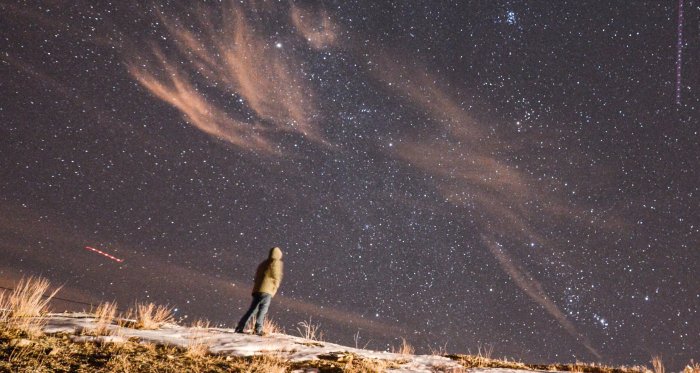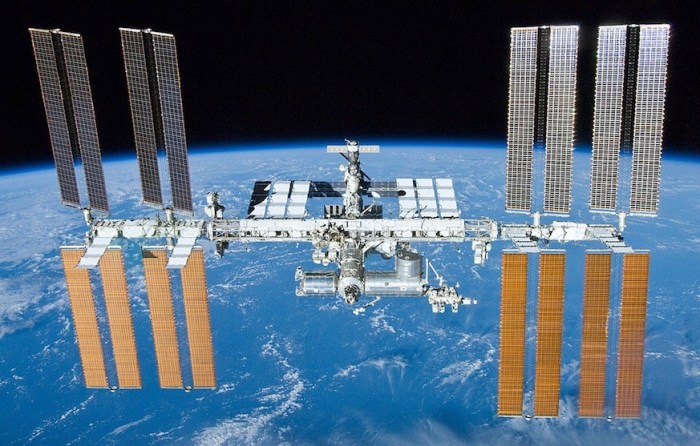Lucky for us, the backdrop of tonight’s Perseid meteor shower is clear skies. The moon won’t be blocking the flying meteors either, which will be showering an average rate of 50 to 100 meteors per hour. This three-day annual phenomenon starts at 10 p.m. August 12, but its best to watch after midnight, according to earthsky.org. Tips on tonight’s meteor shower.
1. Best time: Between midnight and dawn. It’s better for the radiant point of the shower to be above your horizon. If you’re in the northeast, you’ll have to wait till midnight. Also, expect August 13th to have the best showing. 2. Don’t forget a friend: Waiting alone in the dark isn’t fun. Make sure to invite a friend along with you. Face different directions and you’ll be able to spot more meteors. 3. Get out of the city: Just like with any other sky gazing event, the city’s bright lights block the sky. Perseid only happens once a year, so take a vacation day before it’s too late. Can’t escape? NASA will livestream the shower. 4. Don’t forget evening sightings: You might see an earthgrazer, which is a slow, long lasting meteor that travels horizontally in the sky.
5. Check out the colors: This meteor shower is known for its diverse colors.
6. Don’t worry if you skipped astrology: There is no need to know any of the constellations. For background knowledge, the Perseid meteor shower traces back to the Perseus constellation. 7. Take your time: It can take your eyes 20 minutes to adjust to the darkness. Also, be aware of lulls during the shower. Spend at least an hour outside.
More questions about the shower? EarthSky has the answers.
The Perseid meteor shower occurs each summer when debris from the Comet Swift-Tuttle enters the Earth’s atmosphere at about 210,000 kilometers per hour. Each year, Earth crosses the orbital path of this comet between July 17th to August 24th. This particular year is extra good, since the moon is less visible, only coming up a little before sunrise. Why is it called Perseid?
Ancient Greeks watched the shower too. They named the shower after the son of Zeus and mortal Danae, since Zeus visited his mother in a shower of gold according to Greek mythology.
Make a wish: Tips for tonight’s Perseid meteor shower
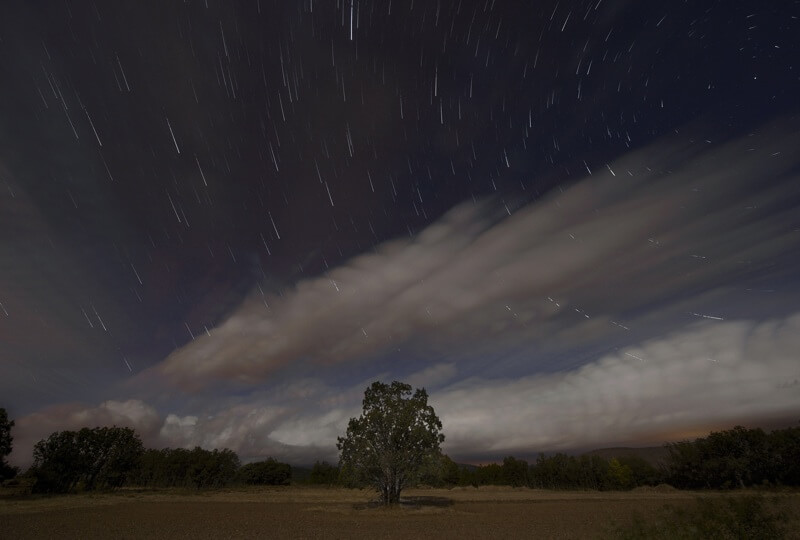
Getty Images

















